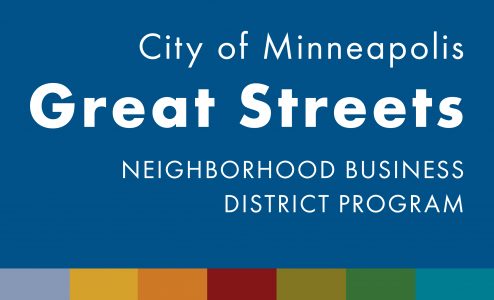As the COVID-19 pandemic continues, many of us have had a chance to think about what we value most and how we spend our time and money. While some are highly interested in returning to their previous schedule filled with crowded social gatherings, tons of shopping, and frequent dining out, others are hesitant to resume life as it was prior to the pandemic. People are hesitant for many reasons, but some simply found that they enjoyed slowing life down and shifting their priorities due to recent stay at home orders. Cleaning, de-cluttering, family movie nights, family meals, and wellness all became top priorities. If you found yourself getting rid of some belongings and re-configuring your living space to accommodate your new situation, you may want to explore the benefits of minimalism.
Minimalism is a movement toward the reduction of clutter and distraction from your life so you can focus on what is most valuable. You can free up time, energy, and resources to devote to anything you choose. Utilizing minimalism can help reduce debt, simplify finances, and decrease stress. Changes to your social activities due to the pandemic likely allowed you to see exactly where your money was being spent. Review spending patterns and decide what is most important to you and eliminate non-essentials while creating a new budget you can stick with.
Clarify the difference between wants and needs by using a minimalist mindset to decide if you need something before purchasing it. Be mindful about what you can afford and whether the item is a necessity. Grocery and emergency items are a must, but impulse purchasing leads to having unused things. Mindful avoidance of unnecessary spending helps you evade debt and clutter.
Base financial decisions on your personal goals. Financial stress decreases as debts disappear, while personal freedom increases. Carrying credit card balances means you’re paying interest on things you no longer have, like dinners and drinks out and gifts given. Enjoy these things when you can, but pay with cash so you aren’t adding interest to otherwise happy experiences. Paying off these debts will allow you to use money for experiences you want to have and things that bring you long term happiness.
Simplify your finances. Consider paying your bills on a couple particular days each month, or consolidating some of your debt so there aren’t so many bills to juggle. Automate your bills when possible, so you don’t risk forgetting a payment and being assessed late fees. Look for deals on goods and services you have to purchase, like insurance and auto or home repairs. Every dollar saved gets you closer to financial freedom. Avoid excessive overdraft fees with a short-term loan. You can visit this website for more information: savingadvice.com.
Commit to being happier with fewer belongings and downsize however you can. If you haven’t used an item within six months, let it go if it doesn’t add value to your life. Fewer belongings mean less stress, less time cleaning and organizing, and less clutter in your environment. There IS value in having less!



